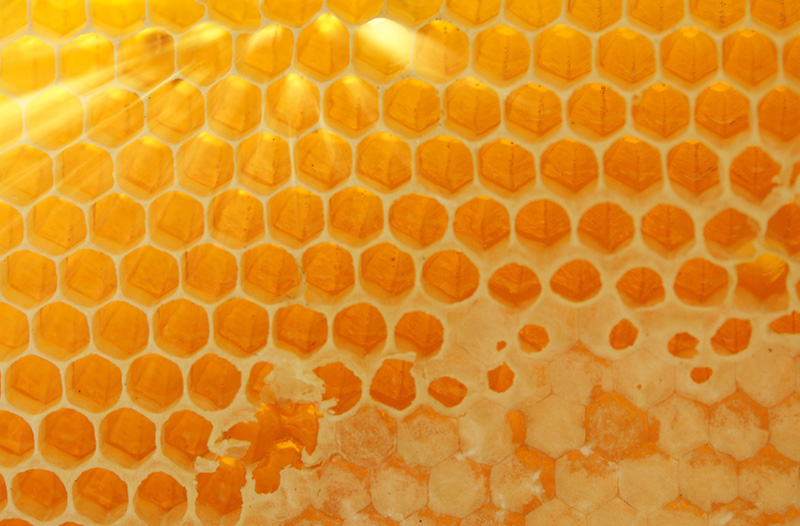It's easy to get answers about health and nutrition! Just send your question by email to [email protected] and Dr. Harlan will respond to selected questions of general interest. Answers will be posted in the Ask Dr. Gourmet newsletter (sign up now!) and archived in the Ask Dr. Gourmet section of the website.
Please note that the Ask Dr. Gourmet feature is restricted to questions regarding food and nutrition. Due to the many questions we receive, not all questions may be answered. For more specific questions about your individual health, please contact your doctor. About Timothy S. Harlan, MD, FACP, CCMS | Terms of Use | Privacy Policy
Ask Dr. Gourmet
Which is better, honey or sugar? How much processed sugar is too much?
A diabetic friend recently clued me in to how most processed foods have sugar added to them. Virtually all! I was amazed, especially by the orange juice. Prior to reading the food labels, I thought my own intake of sugars was really limited, but I have come to learn differently.
Two questions jump to mind as a result: First, is there a difference in the health impact upon our bodies between how we deal with honey as opposed to processed sugar? And second, at what point should one become concerned about processed sugars?
Dr. Gourmet Says...

Books have been written about sugar, as you might expect, and I won't take the time to detail all about this amazing substance. A great work that can help you understand processed foods today is Twinkie, Deconstructed. It includes a good, short and sweet (pun intended) chapter on sugar as an ingredient.
There's a lot of reasons to add sugar or sweeteners to foods. They help with flavor, of course, but not just to sweeten foods but also to make savory or salty flavors more pronounced. As such, dozens of different forms of sweeteners have been created. There's good old fashioned table sugar (sucrose), glucose, dextrose, corn syrup, high fructose corn syrup, fructose, honey and maple syrup to name some of the most common. This doesn't include the inert sugars like maltose, sorbitol, mannitol and the like. In a lot of products sugars are used sparingly for reasons other than taste including as a preservative, sweetener, browning agent, and to add different textures to various foods.
As far as the health impact between honey and sugar, there's not a significant difference in how your body processes these two sugars. White sugar has about 46 calories in a tablespoon and honey about 64 calories. Either way your body sees them as sugars and processes them down to their basic molecules in much the same way.
In answer to your second question, I believe that everyone should be concerned about the amount of sugar they consume. This is because much of our Western diet now has a tremendous amount of sugar in it. Soda, cereals, candies, cakes, cookies, baked goods, crackers, and hundreds of other processed foods have a lot of added sugars - and they are often hidden from the consumer.
When working with patients on their diet, this is one of the first areas that I focus on. Consider the 20 ounce bottle of soda (the most popular size). This has about 240 calories and most of those calories are from sugars. This works out to almost 1/3 cup sugar. Go to the kitchen and scoop up 1/3 cup of sugar. It's a lot!
So you're right to be careful and to begin reading those food labels carefully.
Thanks for writing.
Timothy S. Harlan, MD, FACP, CCMS
Dr. Gourmet
